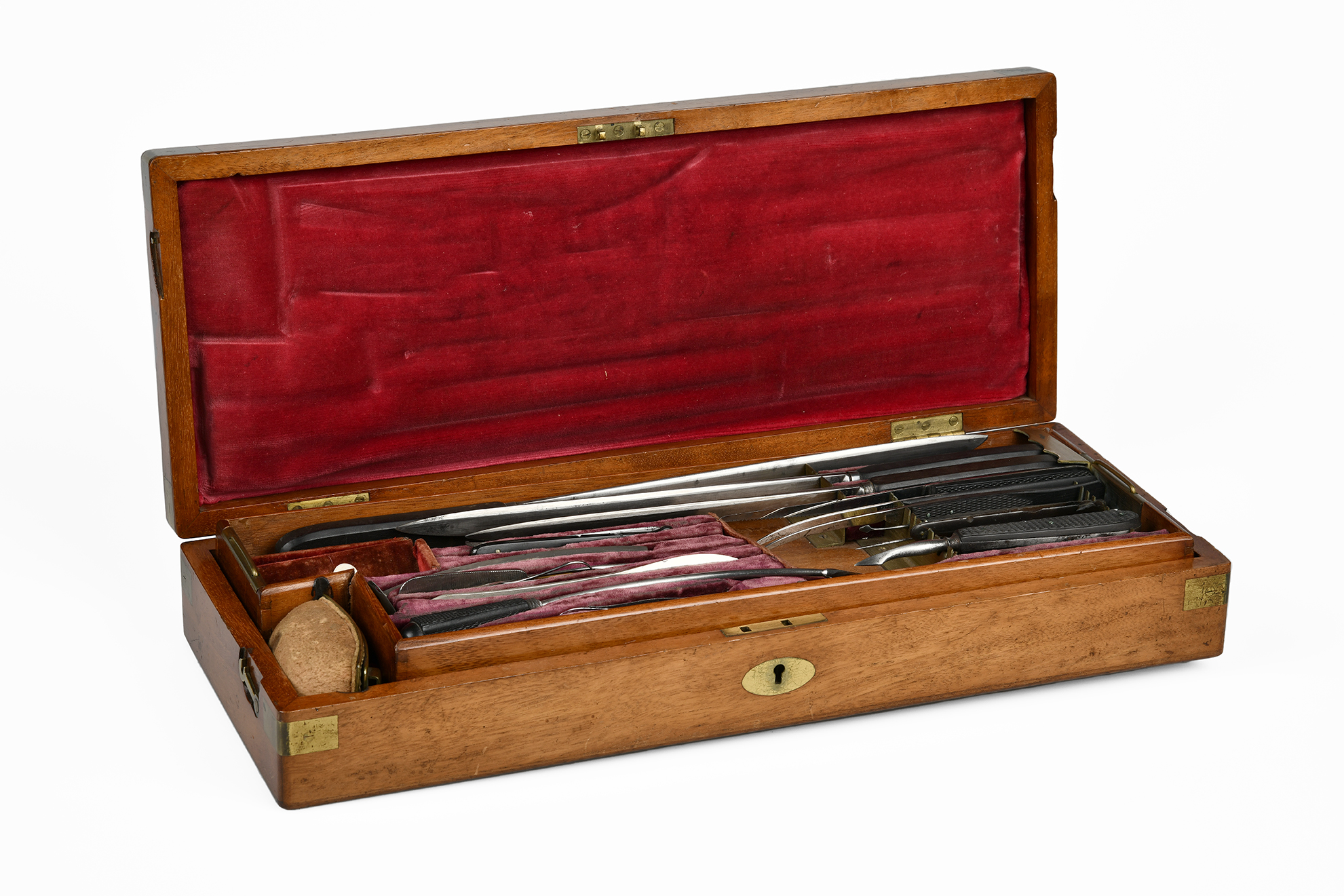
Trousse médicale du Dr Patay, set complet d’instruments de chirurgie d’urgence
Description
Cette trousse médicale de la Société française de secours aux blessés a appartenu au Dr. Camille Patay (1840-1893). Le coffret contient trois grands couteaux à amputation, des scalpels, grattoirs, sondes, trocarts et aiguilles, un garrot à amputation, une scie, un trépan, et une clé de Garangeot utilisée pour l’extraction dentaire. Chaque instrument a un manche en ébène, le coffret est en acajou, les angles et la serrure sont en laiton. Ces outils donnent un aperçu de l’action des ambulances volantes, qui restent alors aussi près que possible des colonnes engagées au combat.
Imaginée sous Napoléon 1er, l’ambulance est un concept créé par le chirurgien français Dominique-Jean Larrey (1766-1842). Il sera précurseur en matière de secours aux blessés sur les champs de bataille et pratiquera les soins sur le terrain le plus tôt possible. Les ambulances volantes permettent deux actions principales qui sont encore aujourd’hui valables : d’abord, la stabilisation préhospitalière, qui permet de stabiliser la victime avant son évacuation. En l’absence d’anesthésie, les amputations précoces sont encore largement répandues et privilégiées sur le champ de bataille. Ceci permettait d’empêcher la contamination par les bactéries alors que les antibiotiques n’existaient pas encore. Les amputations avaient lieu avant l’évacuation du blessé en raison de la gravité de ses blessures, du risque élevé de gangrène et pour augmenter les chances de survie du blessé. La victime était ensuite acheminée dans un centre de soin.
La représentation de la Croix-Rouge comme signal de neutralité dès les années 1870 facilite grandement le travail des médecins : les postes de secours ainsi signalés permettent une intervention plus sûre, plus rapide et plus efficace.
Crédits
Boîte à chirurgie de la Société française de secours aux blessés à Londres donnée au Dr Camille Patay. Datée entre 1860 et 1875. Don de Max Patay. Entré dans les collections en 1988 © Musée international de la Croix-Rouge et du Croissant-Rouge
Tags
ImagesObjetsDans la même collection
Pot tressé en matériaux de récupération
Images, Expositions, Objets, Genre et diversité

Boîte de kleenex, "Love-Yasmine-2003-ICRC"
Images, Expositions, Objets

Composition avec ailes de papillons
Images, Expositions, Objets
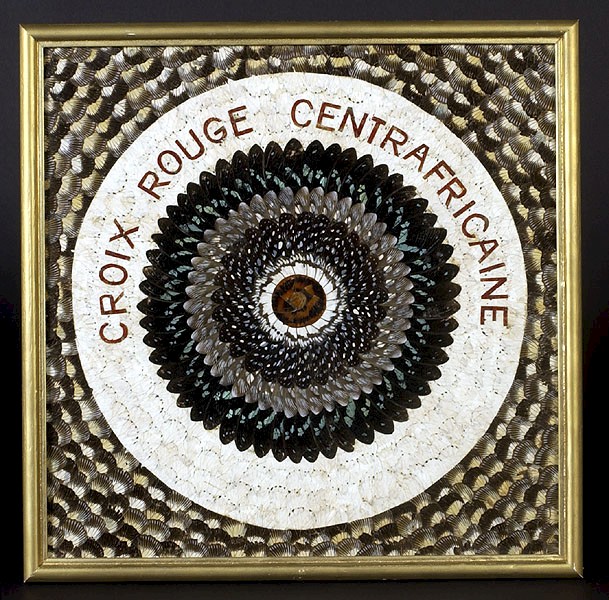
Bottines faisant partie d'un uniforme d'infirmière
Images, Expositions, Objets, Genre et diversité

Fragment de portière de voiture déchiquetée par une grenade
Images, Expositions, Objets
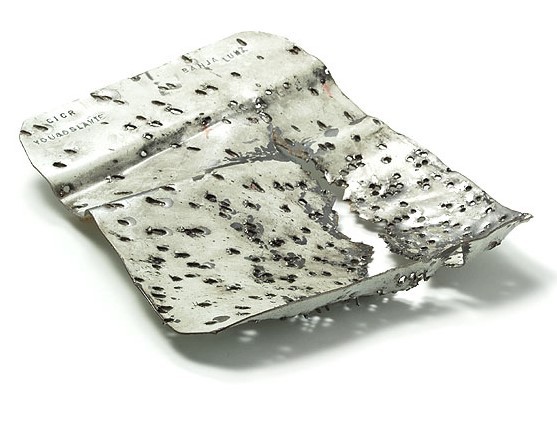
Prothèse de jambe en bois et caoutchouc
Images, Expositions, Objets
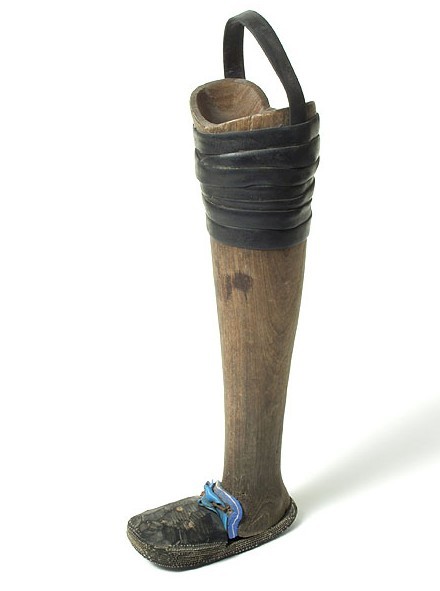
Prothèse de bras
Images, Expositions, Objets
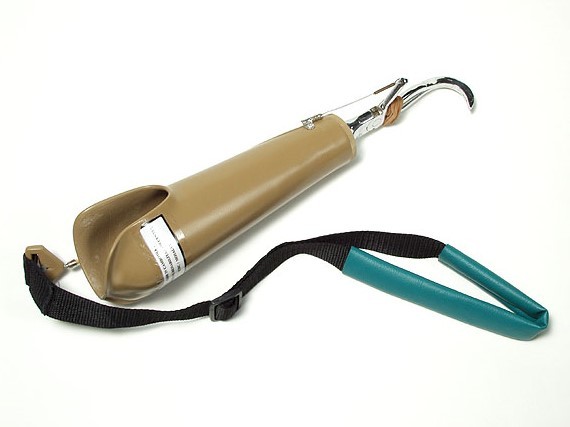
Panneau de lecture cartonné pour les consultations ophtalmologiques
Images, Expositions, Objets

Robe faisant partie d'un uniforme d'infirmière
Images, Expositions, Objets, Genre et diversité

Gourde faisant partie d'un uniforme d'infirmière
Images, Expositions, Objets, Genre et diversité

Bas faisant partie d'un uniforme d'infirmière
Images, Expositions, Objets, Genre et diversité
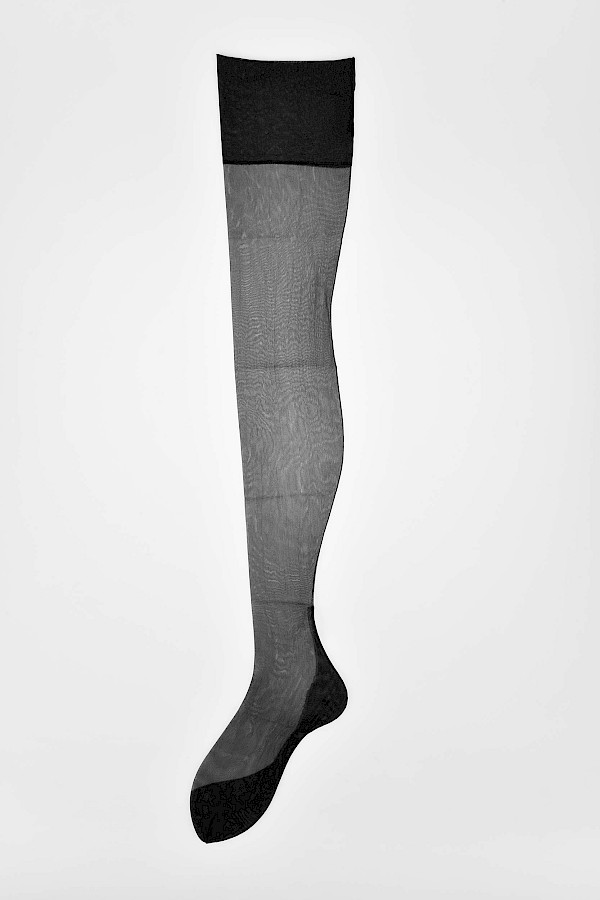
Chapeau faisant partie d'un uniforme d'infirmière
Images, Expositions, Objets, Genre et diversité
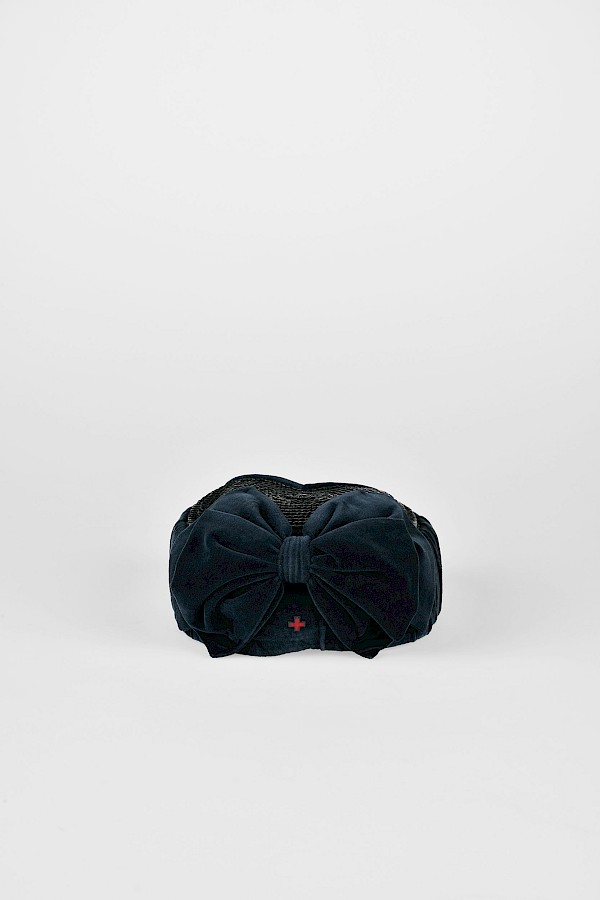
Brassard faisant partie d'un uniforme d'infirmière
Images, Expositions, Objets, Genre et diversité

Trousse de premiers secours pour infirmière
Images, Expositions, Objets, Genre et diversité
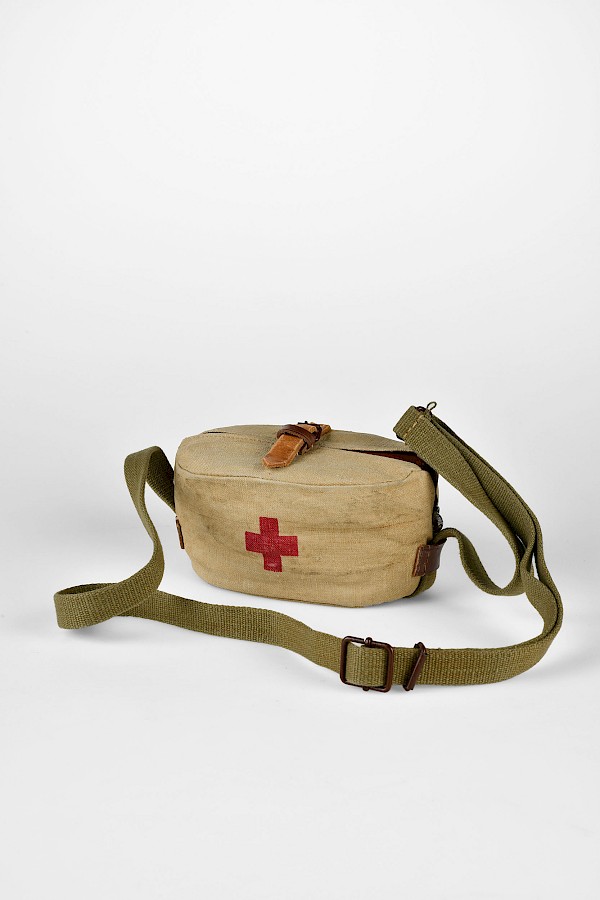
Tasse
Images, Expositions, Objets, Genre et diversité

Trousse de premiers secours
Images, Expositions, Objets, Genre et diversité

Brancard, première moitié du 20ème siècle
Images, Expositions, Objets, Genre et diversité

"A cause d'une mine on peut perdre une jambe en jouant"
Images, Expositions, Objets

Service de transfusion sanguine
Images, Expositions, Objets, Genre et diversité

Victimes
Images, Expositions, Objets, Genre et diversité
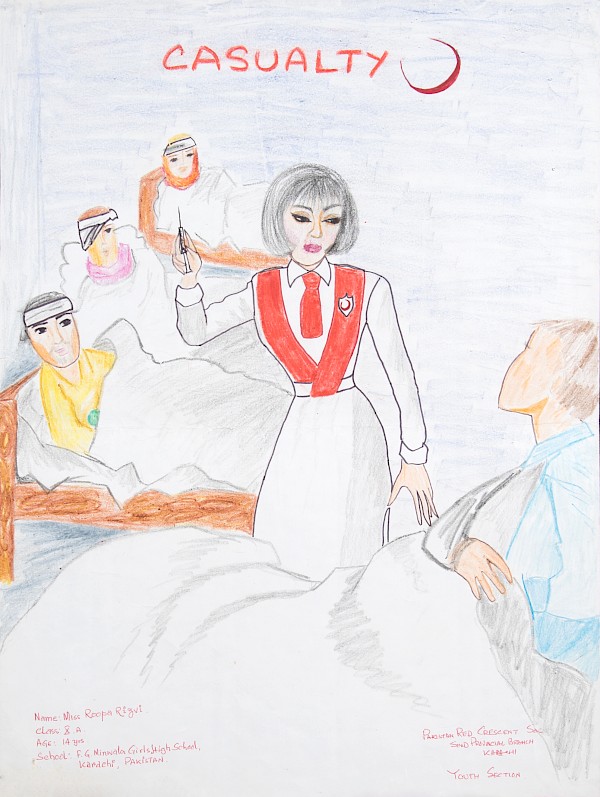
Trousse de secours
Images, Expositions, Objets, Genre et diversité
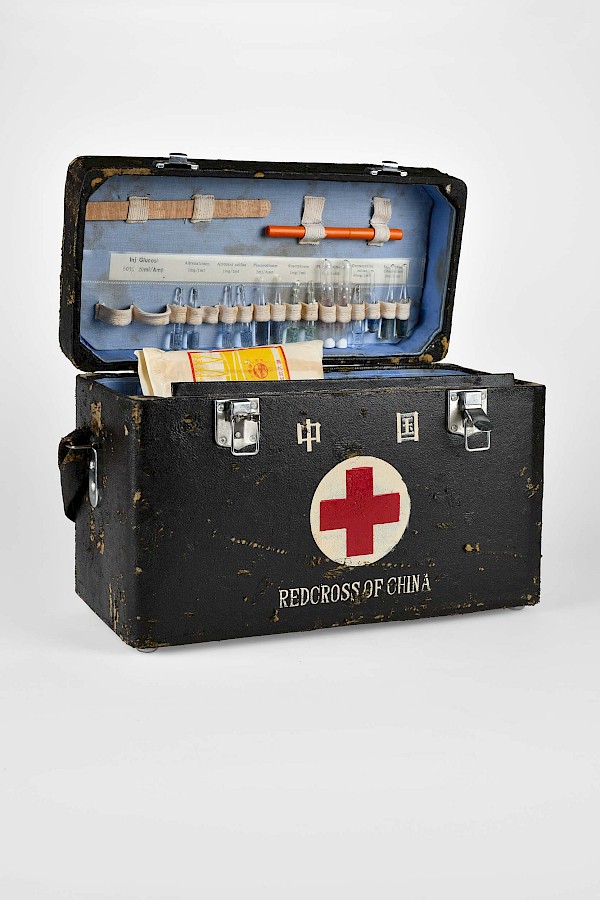
HUMANITY par Henry Leutwyler
Textes, Livres, Objets, Affiches, Photographies

Drapeau de la Cruz Blanca Neutral Mexicana
Images, Objets, Genre et diversité

Deux colonnettes et un fragment de marbre du Château de la Maternité d'Elne
Images, Objets, Genre et diversité
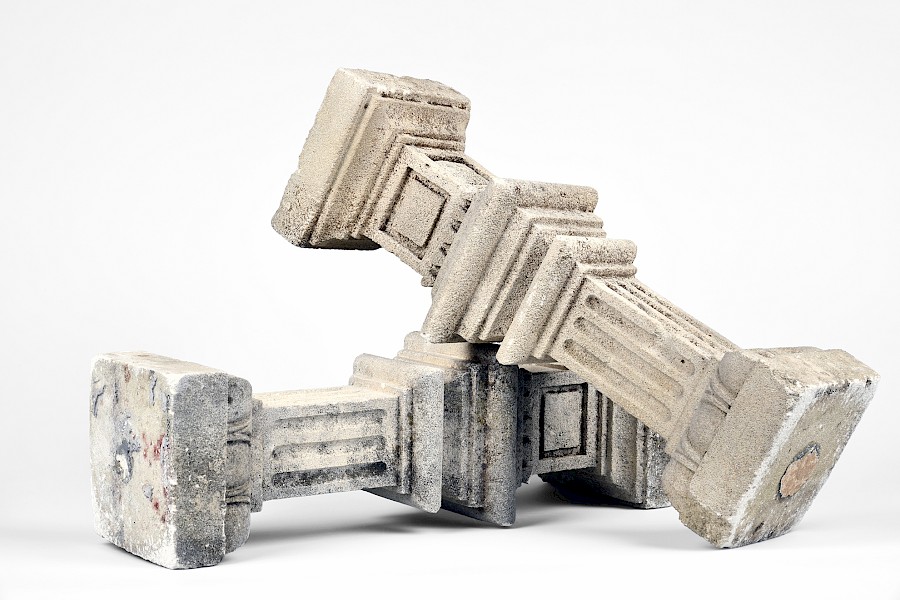
Balle de fusil reçue par le Dr. Georges Henny, délégué du CICR
Images, Objets
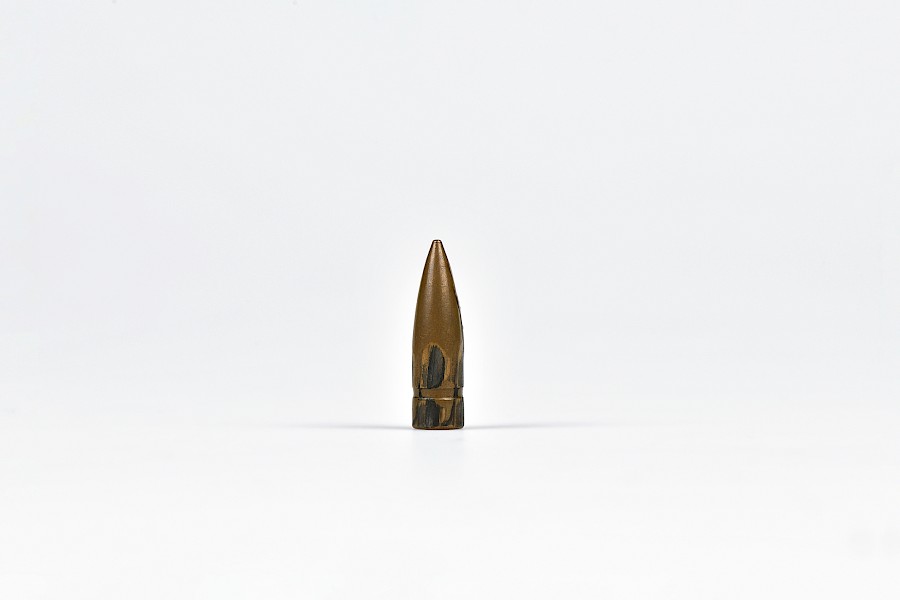
Prix Nobel Dunant-Passy
Images, Objets
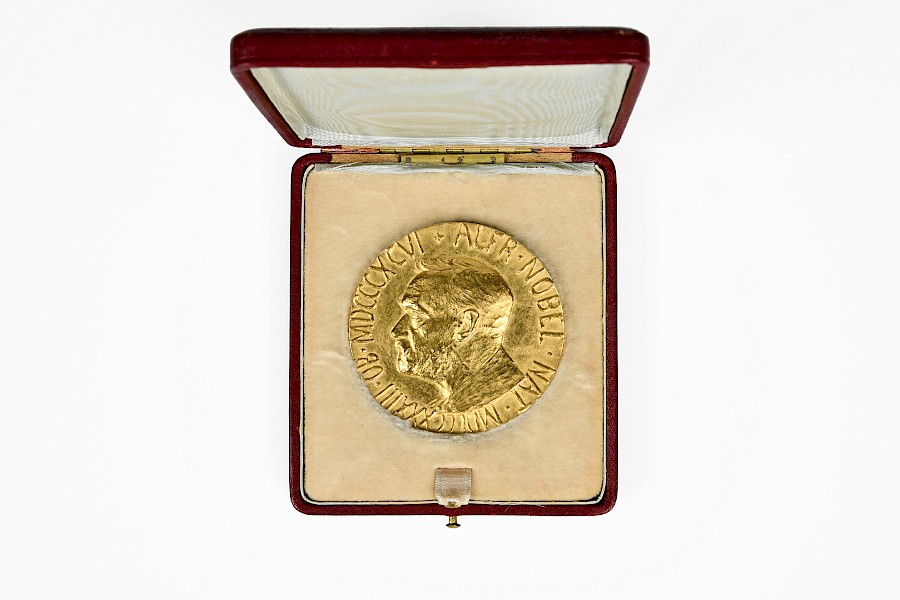
Prothèse fémorale artisanale, Angola, 1996
Images, Objets
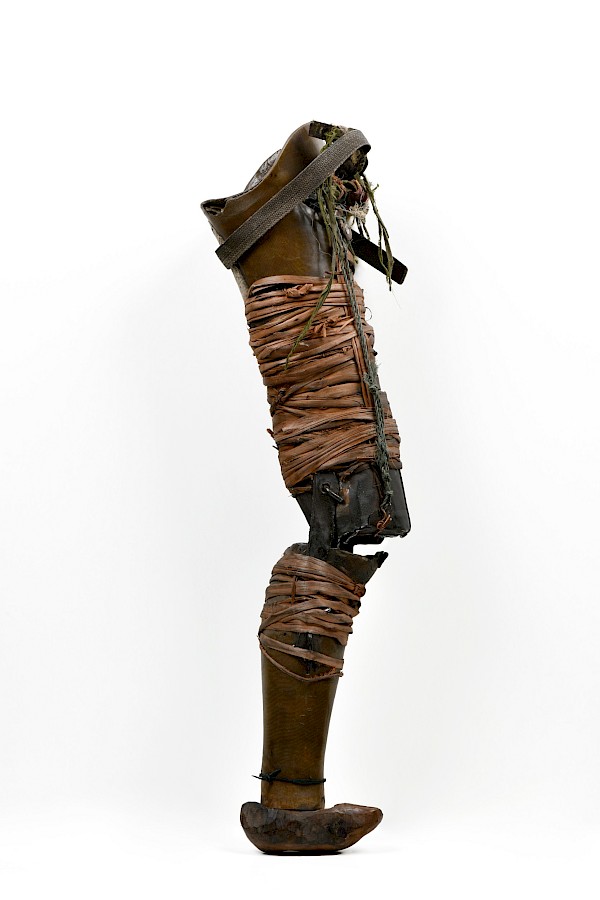
Statuette en os du Laos
Images, Objets
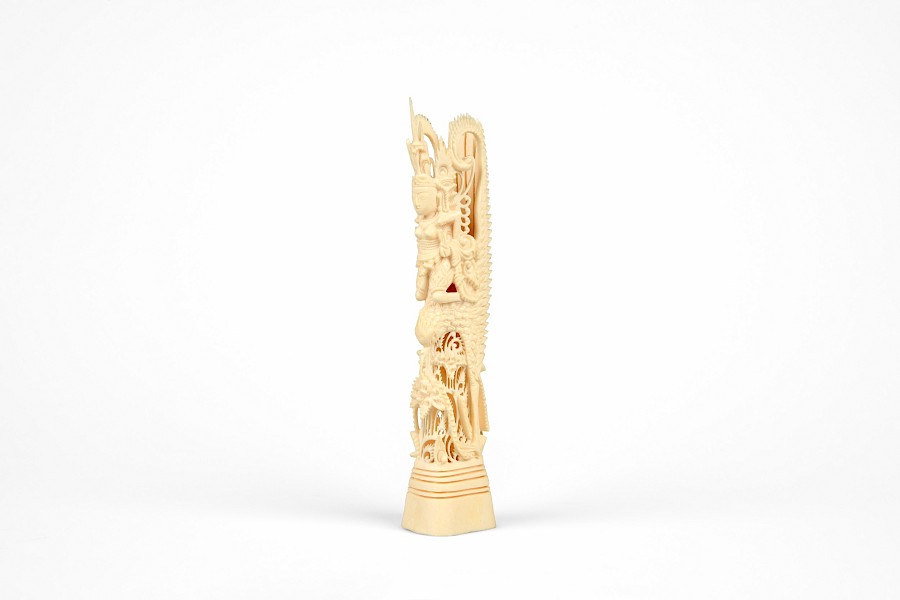
Troisième Diagramme de Henry Dunant
Images, Objets

Deuxième diagramme de Henry Dunant
Images, Objets
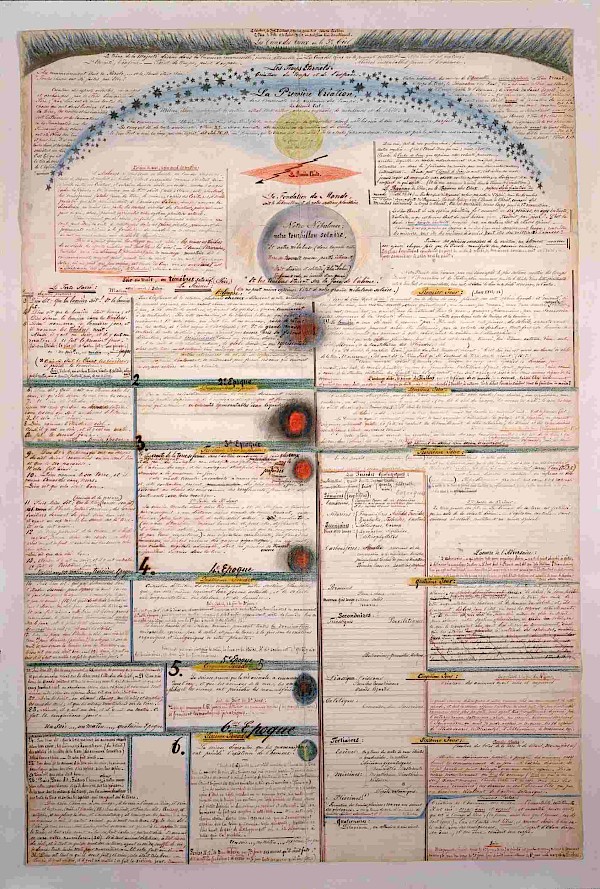
Premier diagramme de Henry Dunant
Images, Objets
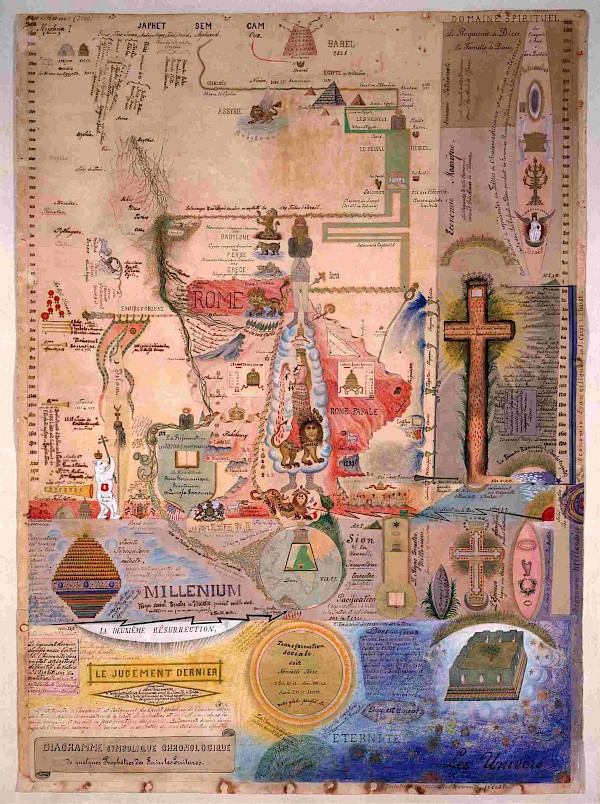
Quatrième diagramme de Henry Dunant
Images, Objets
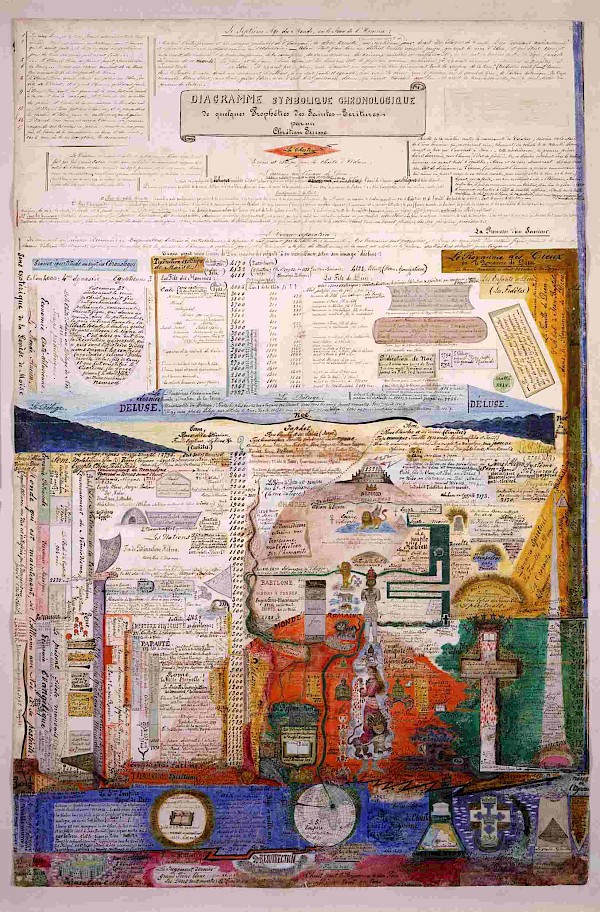
HUMANITY, une vidéo par Henry Leutwyler
Vidéos, Objets

Bandage Esmarch
Images, Objets
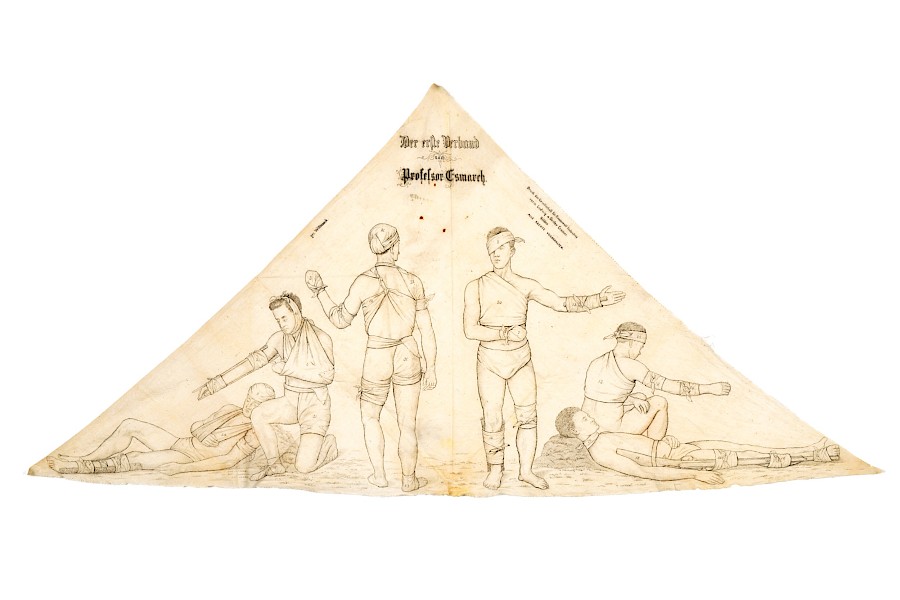
Bobines de films de la Cinémathèque de la Ligue des Sociétés de la Croix-Rouge
Images, Objets

Podcast | Histoires d'objets
Audios, Images, Expositions, Objets

Podcast | Histoires d'objets | Épisode 1
Audios, Images, Expositions, Objets

Podcast | Histoires d'objets | Épisode 2
Audios, Images, Expositions, Objets
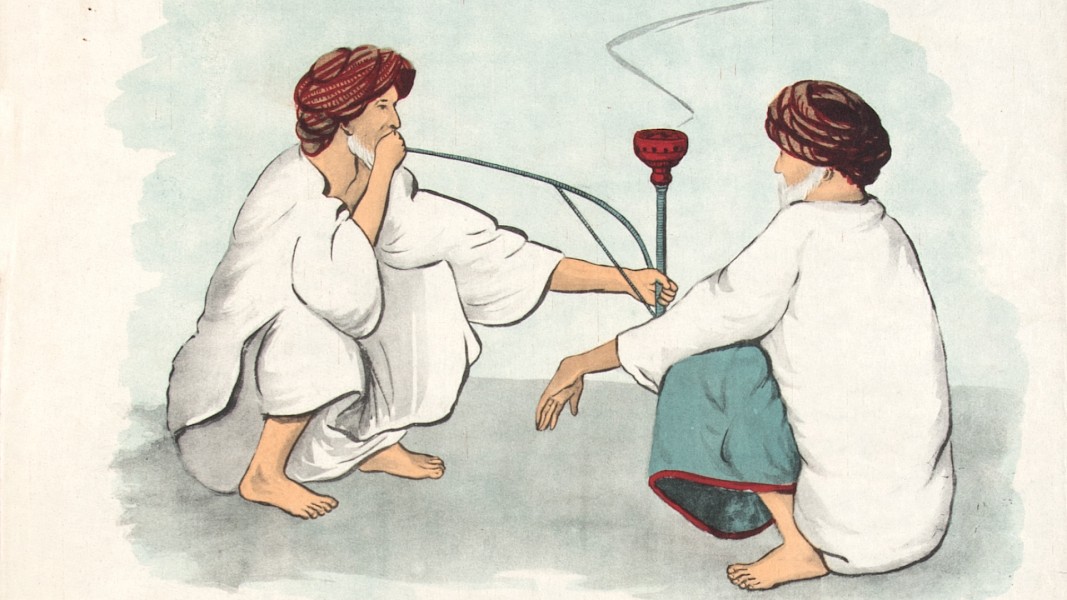
Podcast | Histoires d'objets | Épisode 3
Audios, Images, Expositions, Objets
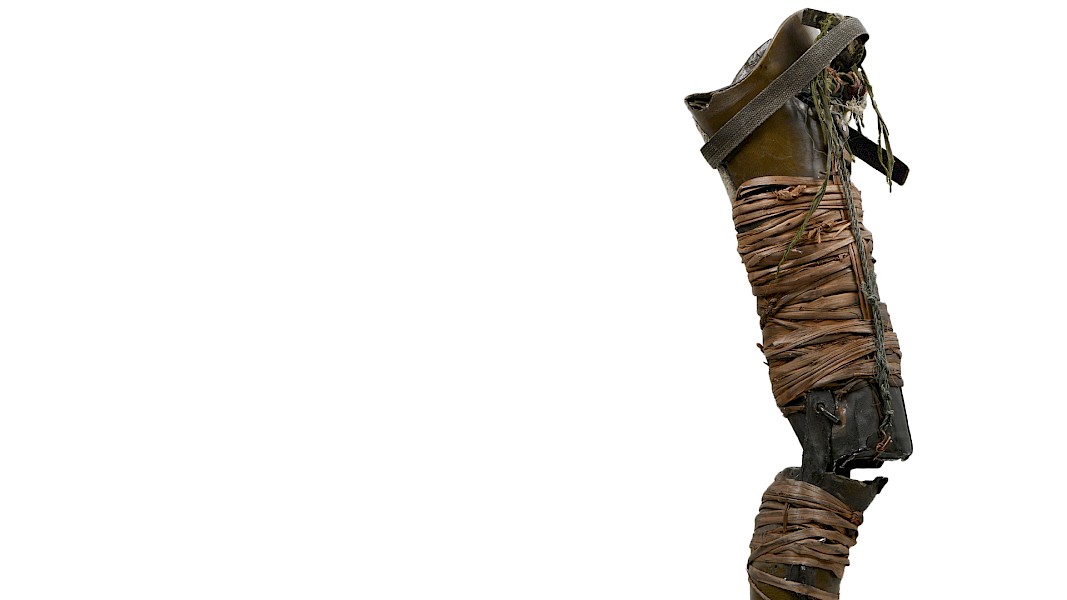
Podcast | Histoires d'objets | Épisode 4
Audios, Images, Expositions, Objets
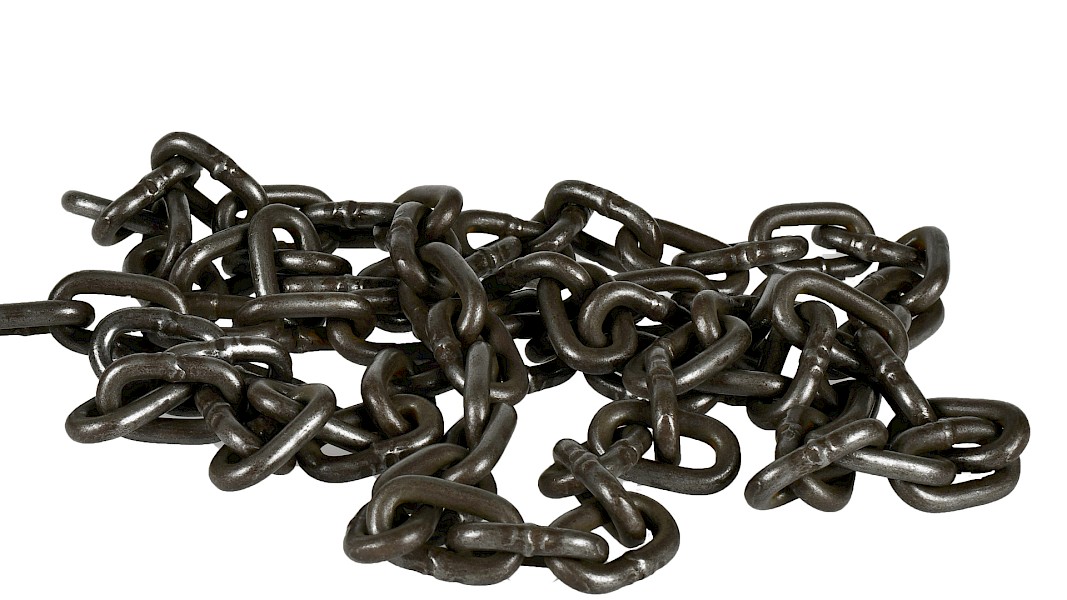
Podcast | Histoires d'objets | Épisode 5
Audios, Images, Expositions, Objets

Podcast | Histoires d'objets | Épisode 6
Audios, Images, Expositions, Objets
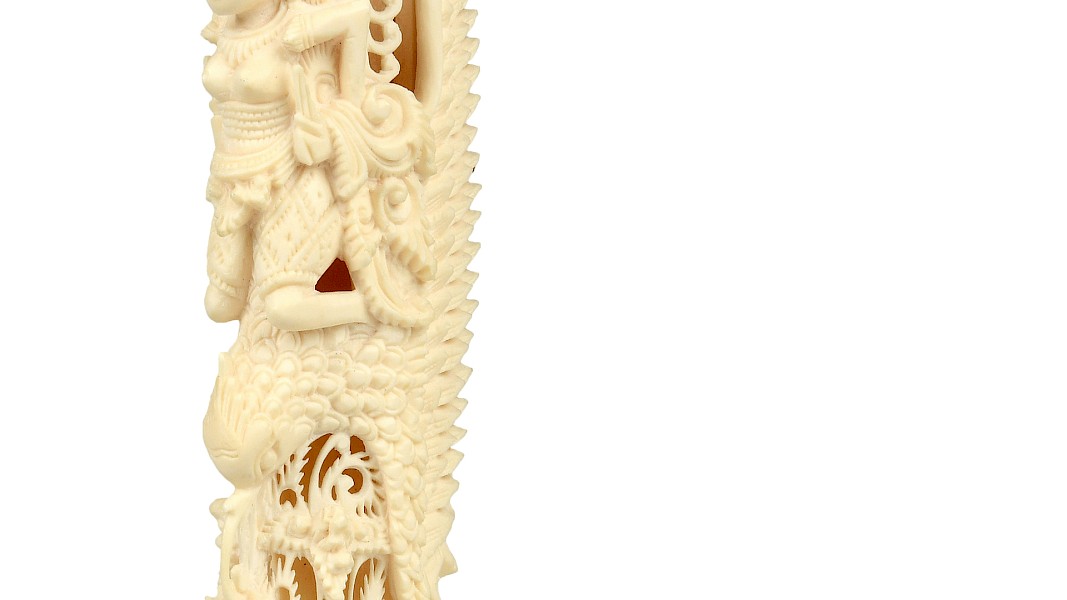
Podcast | Histoires d'objets | Épisode 7
Audios, Images, Expositions, Objets
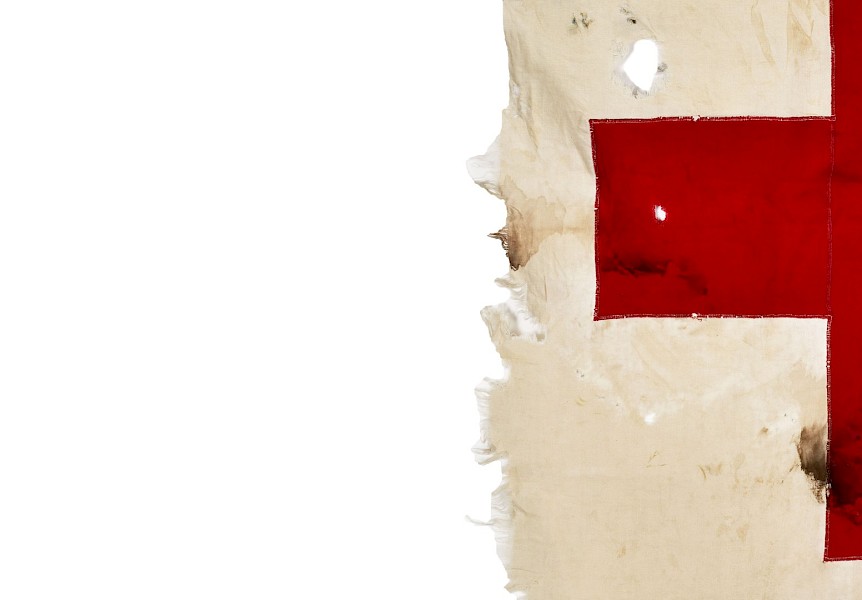
Podcast | Histoires d'objets | Épisode 8
Audios, Images, Expositions, Objets

Podcast | Histoires d'objets | Épisode 9
Audios, Images, Expositions, Objets

Podcast | Histoires d'objets | Épisode 10
Audios, Images, Expositions, Objets
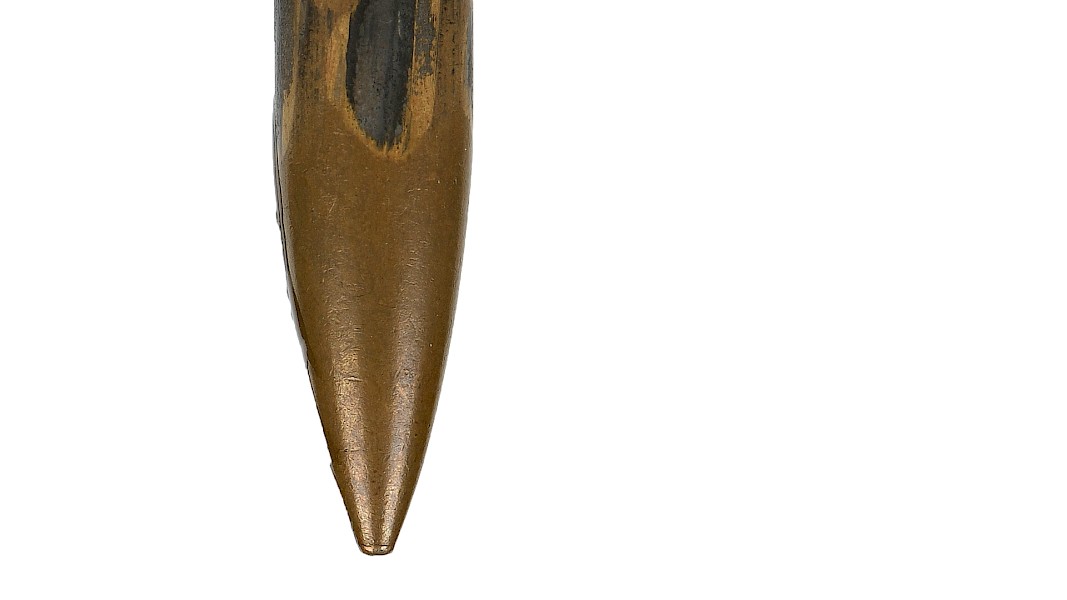

Trousse médicale du Dr Patay, set complet d’instruments de chirurgie d’urgence
Description
Cette trousse médicale de la Société française de secours aux blessés a appartenu au Dr. Camille Patay (1840-1893). Le coffret contient trois grands couteaux à amputation, des scalpels, grattoirs, sondes, trocarts et aiguilles, un garrot à amputation, une scie, un trépan, et une clé de Garangeot utilisée pour l’extraction dentaire. Chaque instrument a un manche en ébène, le coffret est en acajou, les angles et la serrure sont en laiton. Ces outils donnent un aperçu de l’action des ambulances volantes, qui restent alors aussi près que possible des colonnes engagées au combat.
Imaginée sous Napoléon 1er, l’ambulance est un concept créé par le chirurgien français Dominique-Jean Larrey (1766-1842). Il sera précurseur en matière de secours aux blessés sur les champs de bataille et pratiquera les soins sur le terrain le plus tôt possible. Les ambulances volantes permettent deux actions principales qui sont encore aujourd’hui valables : d’abord, la stabilisation préhospitalière, qui permet de stabiliser la victime avant son évacuation. En l’absence d’anesthésie, les amputations précoces sont encore largement répandues et privilégiées sur le champ de bataille. Ceci permettait d’empêcher la contamination par les bactéries alors que les antibiotiques n’existaient pas encore. Les amputations avaient lieu avant l’évacuation du blessé en raison de la gravité de ses blessures, du risque élevé de gangrène et pour augmenter les chances de survie du blessé. La victime était ensuite acheminée dans un centre de soin.
La représentation de la Croix-Rouge comme signal de neutralité dès les années 1870 facilite grandement le travail des médecins : les postes de secours ainsi signalés permettent une intervention plus sûre, plus rapide et plus efficace.
Crédits
Boîte à chirurgie de la Société française de secours aux blessés à Londres donnée au Dr Camille Patay. Datée entre 1860 et 1875. Don de Max Patay. Entré dans les collections en 1988 © Musée international de la Croix-Rouge et du Croissant-Rouge
Tags
ImagesObjetsDans la même collection
Pot tressé en matériaux de récupération
Images, Expositions, Objets, Genre et diversité

Boîte de kleenex, "Love-Yasmine-2003-ICRC"
Images, Expositions, Objets

Composition avec ailes de papillons
Images, Expositions, Objets

Bottines faisant partie d'un uniforme d'infirmière
Images, Expositions, Objets, Genre et diversité

Fragment de portière de voiture déchiquetée par une grenade
Images, Expositions, Objets

Prothèse de jambe en bois et caoutchouc
Images, Expositions, Objets

Prothèse de bras
Images, Expositions, Objets

Panneau de lecture cartonné pour les consultations ophtalmologiques
Images, Expositions, Objets

Robe faisant partie d'un uniforme d'infirmière
Images, Expositions, Objets, Genre et diversité

Gourde faisant partie d'un uniforme d'infirmière
Images, Expositions, Objets, Genre et diversité

Bas faisant partie d'un uniforme d'infirmière
Images, Expositions, Objets, Genre et diversité

Chapeau faisant partie d'un uniforme d'infirmière
Images, Expositions, Objets, Genre et diversité

Brassard faisant partie d'un uniforme d'infirmière
Images, Expositions, Objets, Genre et diversité

Trousse de premiers secours pour infirmière
Images, Expositions, Objets, Genre et diversité

Tasse
Images, Expositions, Objets, Genre et diversité

Trousse de premiers secours
Images, Expositions, Objets, Genre et diversité

Brancard, première moitié du 20ème siècle
Images, Expositions, Objets, Genre et diversité

"A cause d'une mine on peut perdre une jambe en jouant"
Images, Expositions, Objets

Service de transfusion sanguine
Images, Expositions, Objets, Genre et diversité

Victimes
Images, Expositions, Objets, Genre et diversité

Trousse de secours
Images, Expositions, Objets, Genre et diversité

HUMANITY par Henry Leutwyler
Textes, Livres, Objets, Affiches, Photographies

Drapeau de la Cruz Blanca Neutral Mexicana
Images, Objets, Genre et diversité

Deux colonnettes et un fragment de marbre du Château de la Maternité d'Elne
Images, Objets, Genre et diversité

Balle de fusil reçue par le Dr. Georges Henny, délégué du CICR
Images, Objets

Prix Nobel Dunant-Passy
Images, Objets

Prothèse fémorale artisanale, Angola, 1996
Images, Objets

Statuette en os du Laos
Images, Objets

Troisième Diagramme de Henry Dunant
Images, Objets

Deuxième diagramme de Henry Dunant
Images, Objets

Premier diagramme de Henry Dunant
Images, Objets

Quatrième diagramme de Henry Dunant
Images, Objets

HUMANITY, une vidéo par Henry Leutwyler
Vidéos, Objets

Bandage Esmarch
Images, Objets

Bobines de films de la Cinémathèque de la Ligue des Sociétés de la Croix-Rouge
Images, Objets

Podcast | Histoires d'objets
Audios, Images, Expositions, Objets

Podcast | Histoires d'objets | Épisode 1
Audios, Images, Expositions, Objets

Podcast | Histoires d'objets | Épisode 2
Audios, Images, Expositions, Objets

Podcast | Histoires d'objets | Épisode 3
Audios, Images, Expositions, Objets

Podcast | Histoires d'objets | Épisode 4
Audios, Images, Expositions, Objets

Podcast | Histoires d'objets | Épisode 5
Audios, Images, Expositions, Objets

Podcast | Histoires d'objets | Épisode 6
Audios, Images, Expositions, Objets

Podcast | Histoires d'objets | Épisode 7
Audios, Images, Expositions, Objets

Podcast | Histoires d'objets | Épisode 8
Audios, Images, Expositions, Objets

Podcast | Histoires d'objets | Épisode 9
Audios, Images, Expositions, Objets

Podcast | Histoires d'objets | Épisode 10
Audios, Images, Expositions, Objets

Friedel Bohny Reiter par Brenda Lynn Edgar
Audios, Focus, Genre et diversité
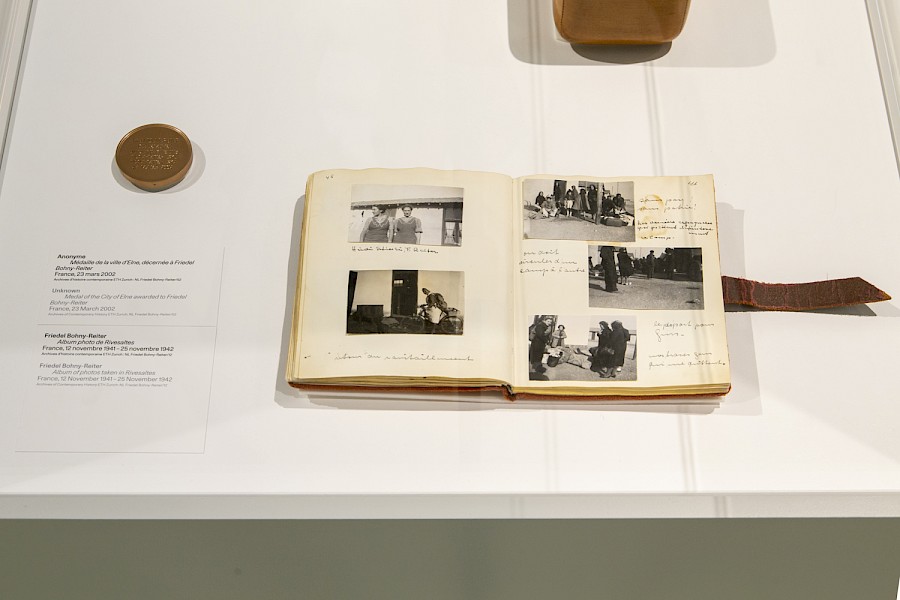
Trousse de premiers secours
Images, Expositions, Objets, Genre et diversité

Janet Ndoti pendant sa formation à l'hôpital King George V de Nairobi
Images, Expositions, Photographies, Genre et diversité
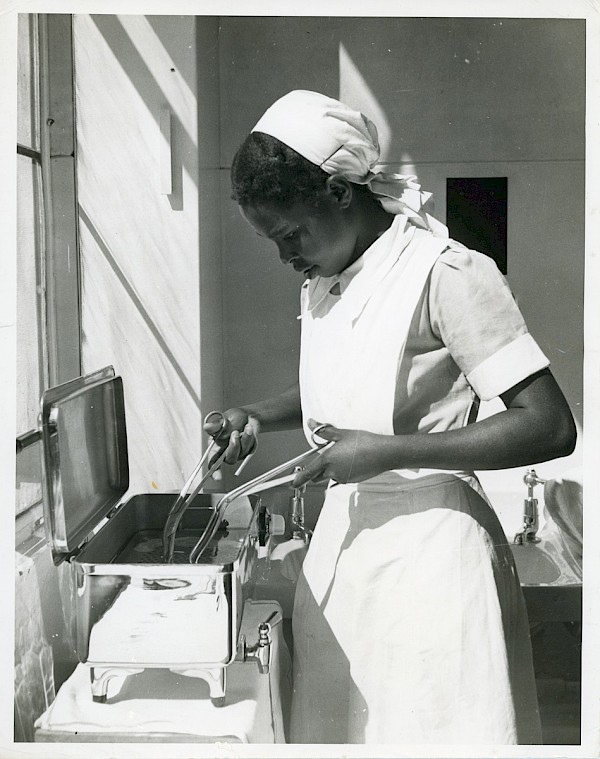
Sarah Monod par Dolores Martín Moruno
Audios, Focus, Genre et diversité
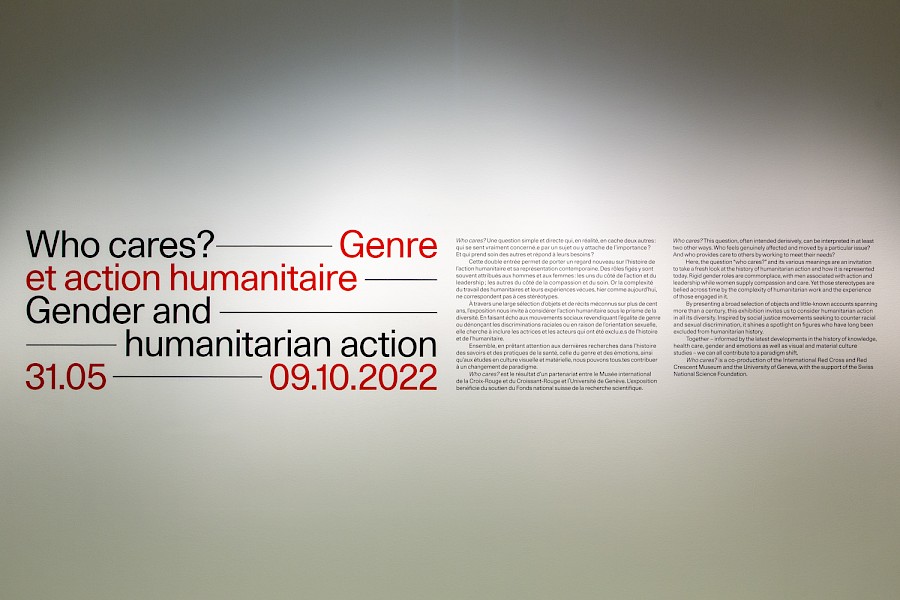
Maria Skłodowska-Curie par Elisa Rusca
Vidéos, Focus, Genre et diversité

Maria Eskens par Marie Leyder
Vidéos, Focus, Genre et diversité

Who cares? par Pascal Hufschmid
Vidéos, Focus, Genre et diversité

Statuette en os du Laos
Images, Objets

Bandage Esmarch
Images, Objets

Bobines de films de la Cinémathèque de la Ligue des Sociétés de la Croix-Rouge
Images, Objets
